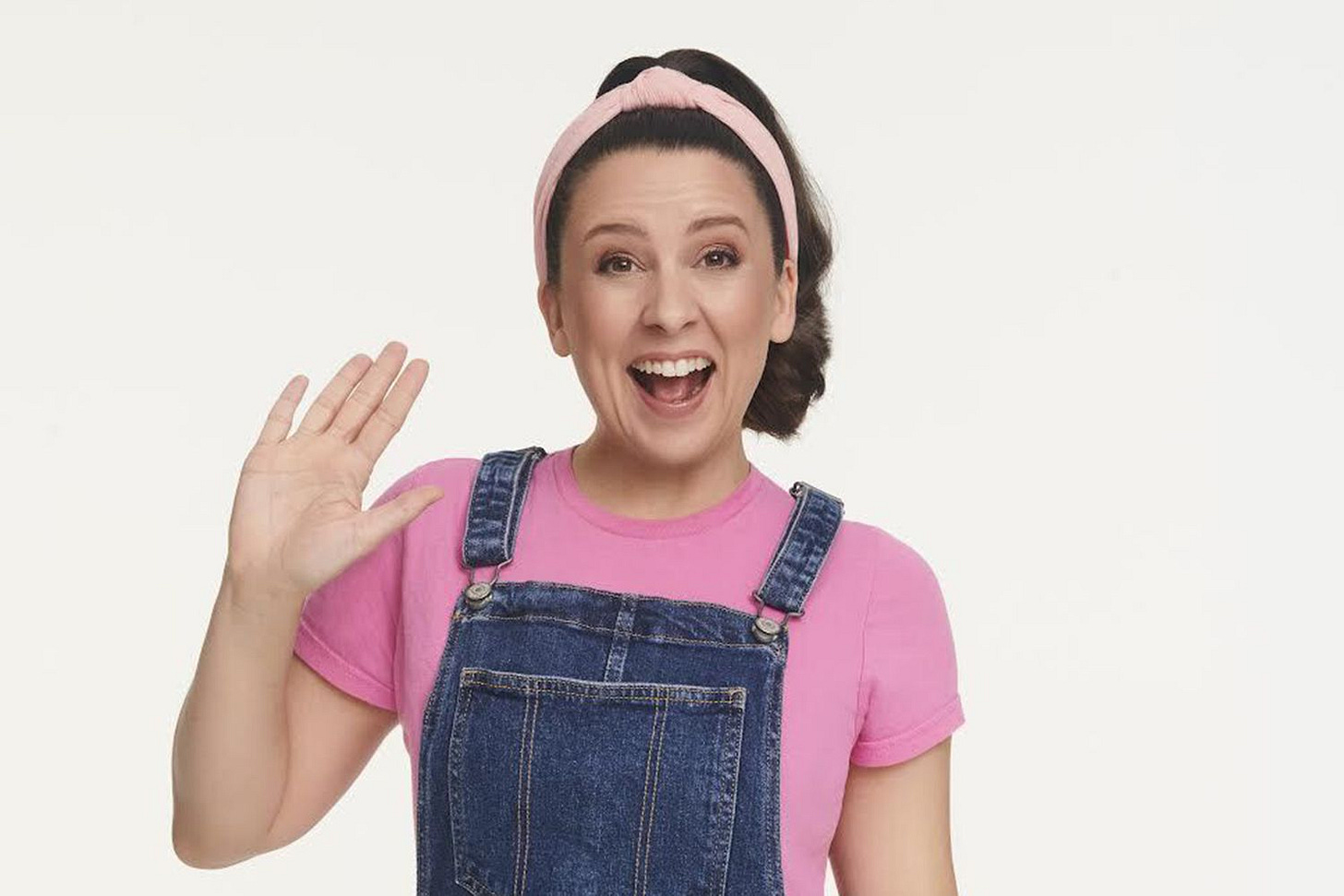In the world of children’s media, few figures have ever held the power or trust that Ms. Rachel does. For millions of households, she is a daily presence, singing, signing, teaching, and bringing joy into the early developmental years of countless toddlers. She built an empire not on flash or controversy, but on empathy, gentle…
Keep reading with a 7-day free trial
Subscribe to The Crustian Daily to keep reading this post and get 7 days of free access to the full post archives.



